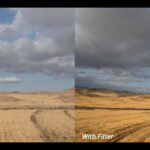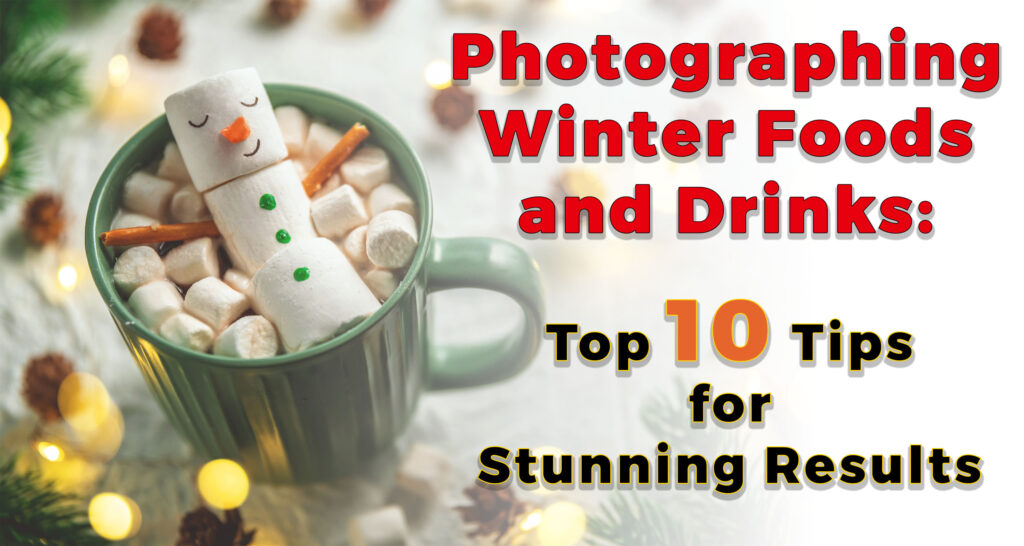
Winter is a season of cozy gatherings and comforting flavors, making it the perfect time to showcase your culinary creations. Capturing the warmth and charm of winter foods and drinks requires more than just snapping a photo. In this guide, we’ll explore 10 essential tips for photographing winter foods and drinks to help you create mouthwatering visuals that resonate with your audience. please stay with ShutterRealm.
Why Winter Food Photography Stands Out
Winter offers a unique palette of rich colors, textures, and warm lighting. From steaming mugs of hot chocolate to hearty stews, photographing winter foods and drinks allows you to convey a sense of comfort and indulgence. Mastering this niche not only elevates your photography skills but also captures the spirit of the season.
10 Best Tips for Photographing Winter Foods and Drinks
1 . Use Warm Lighting for a Cozy Effect
Natural light during winter can feel cool and harsh. Instead, use warm-toned lighting like soft amber lamps or fairy lights to evoke a cozy ambiance. Position your light source to highlight the textures of your subject while maintaining a natural look.
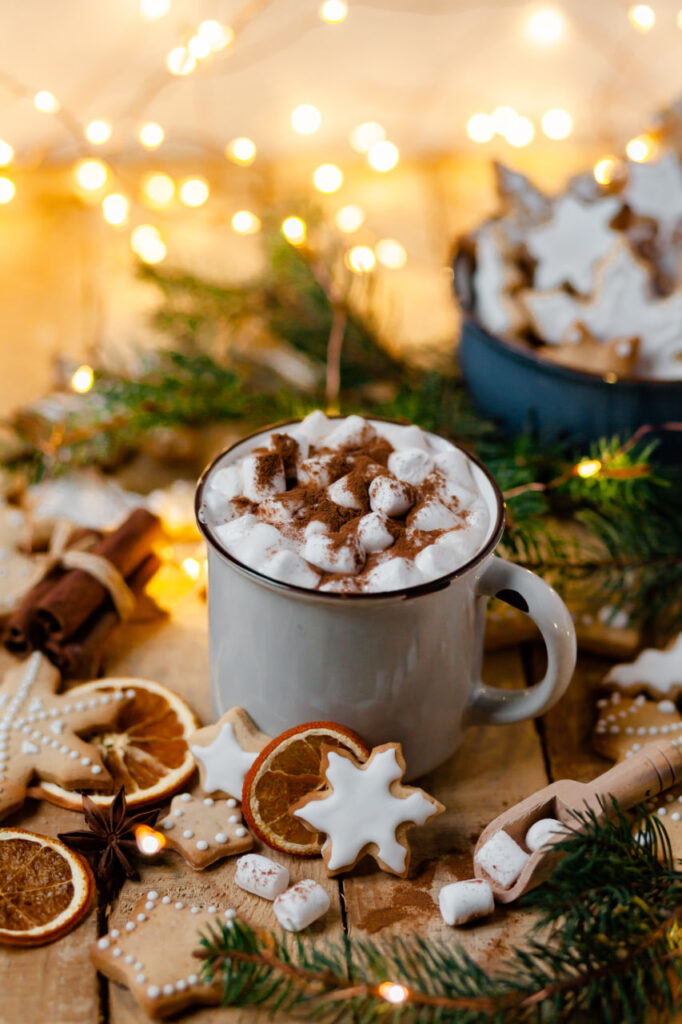
2. Incorporate Seasonal Props
Props like wooden cutting boards, cinnamon sticks, pinecones, and plaid tablecloths add a seasonal touch to your compositions. These elements complement your subject and enhance the winter vibe.
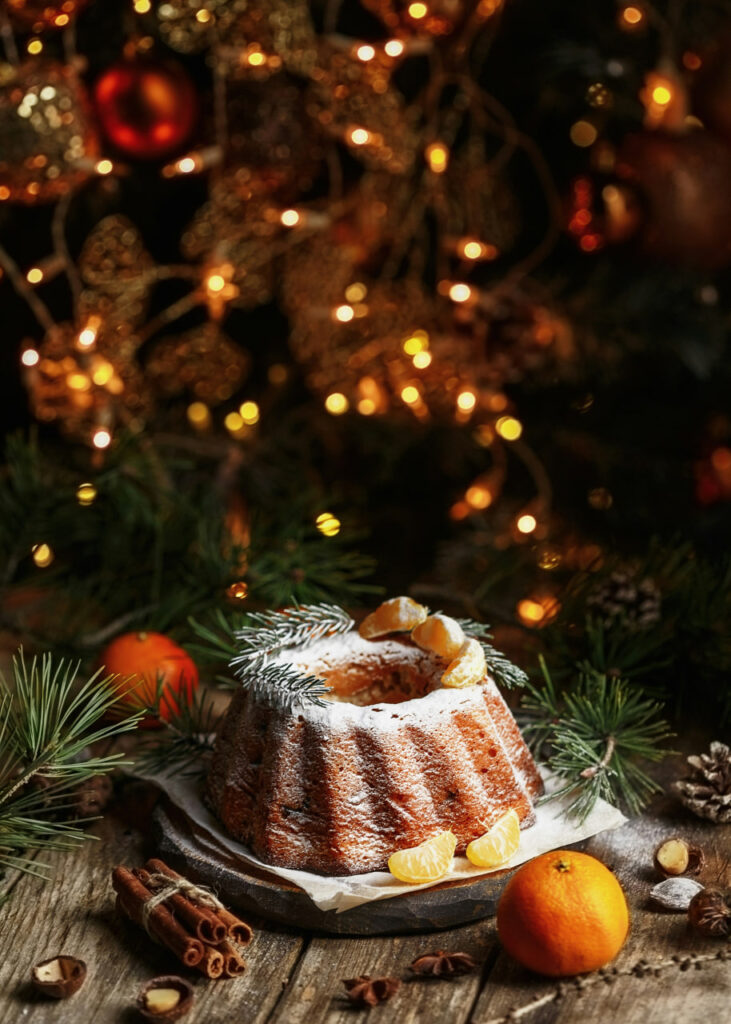
3. Emphasize Steam and Warmth
One of the most effective tips for photographing winter foods and drinks is capturing steam rising from a dish or a hot drink. Use side lighting or directional lighting along with a dark background to make the steam more visible, adding an inviting and dynamic element to your photos.
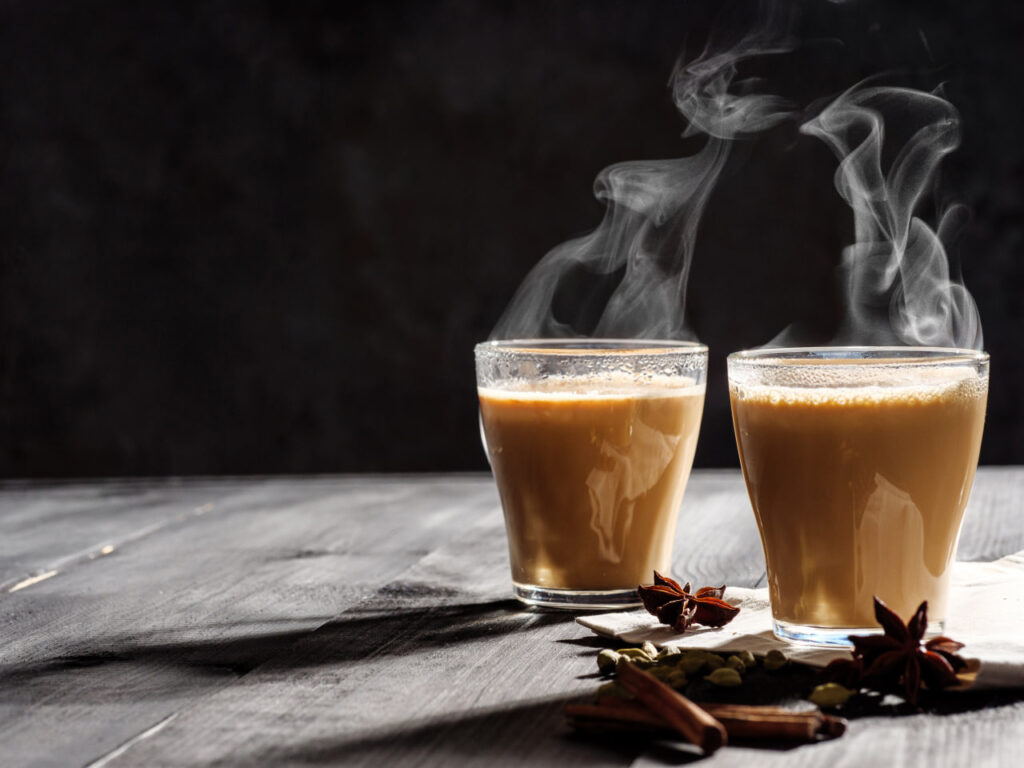
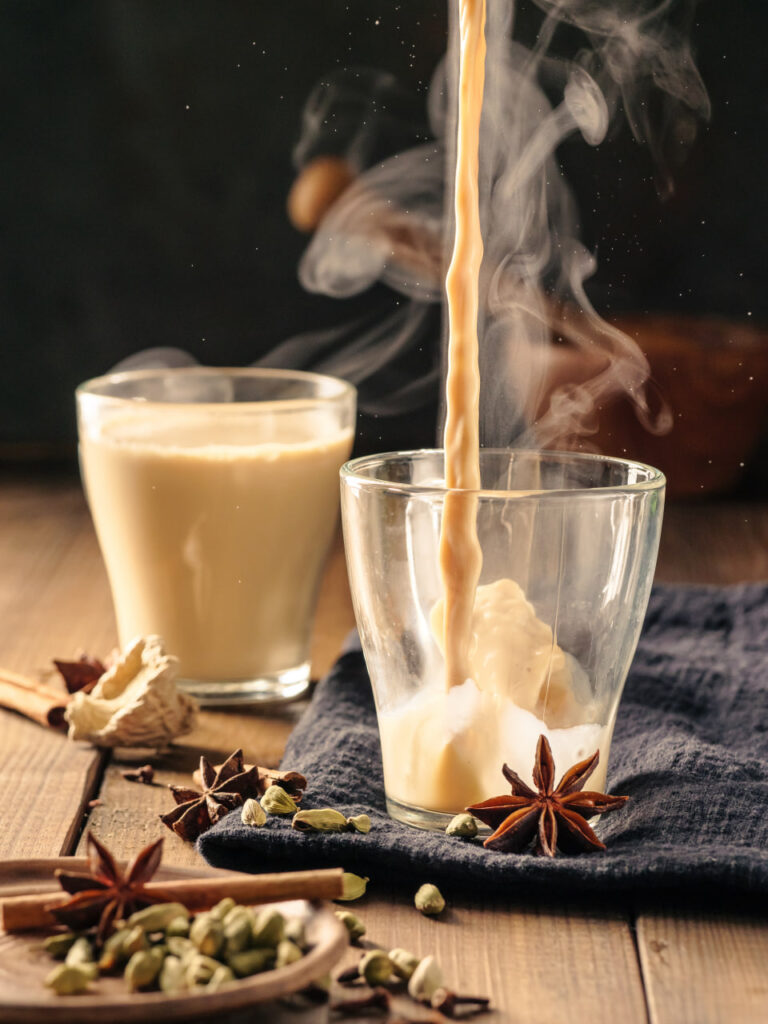
4. Experiment with Overhead and Close-Up Shots
Overhead shots work well for flat lays, showcasing ingredients and the arrangement of your dish. Close-up shots, on the other hand, highlight textures like the froth of a latte or the layers of a pie. Switching between these perspectives keeps your images engaging.
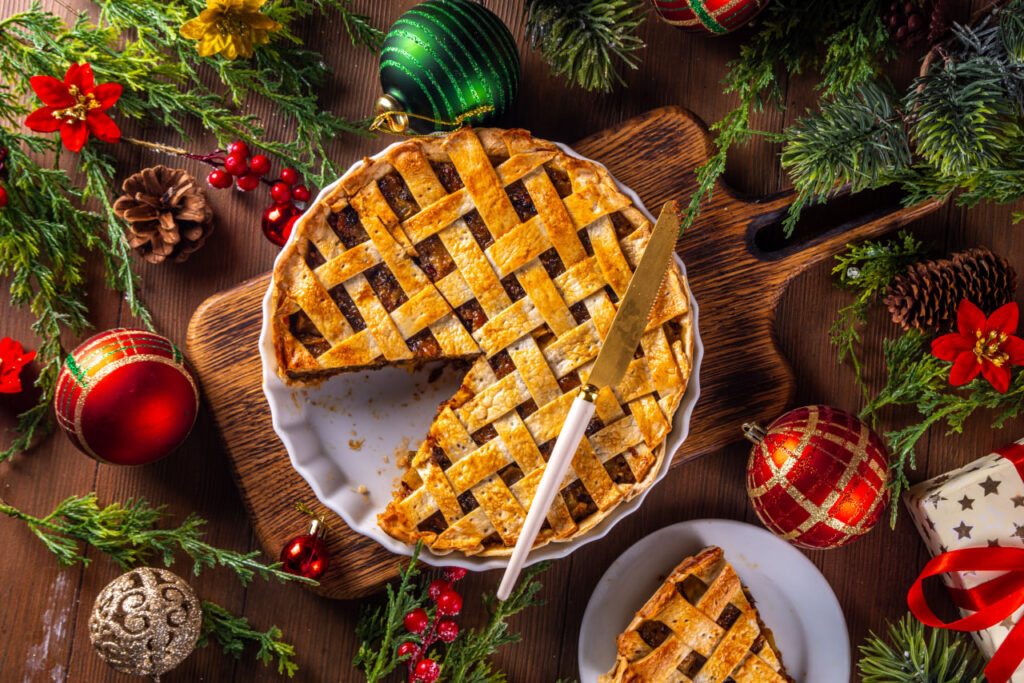
5. Choose Winter-Themed Backgrounds
Backgrounds play a crucial role in setting the scene. Opt for rustic wooden surfaces, white marble, or textured fabrics to add depth and align with the winter theme. A simple yet elegant background ensures the focus remains on the food or drink.
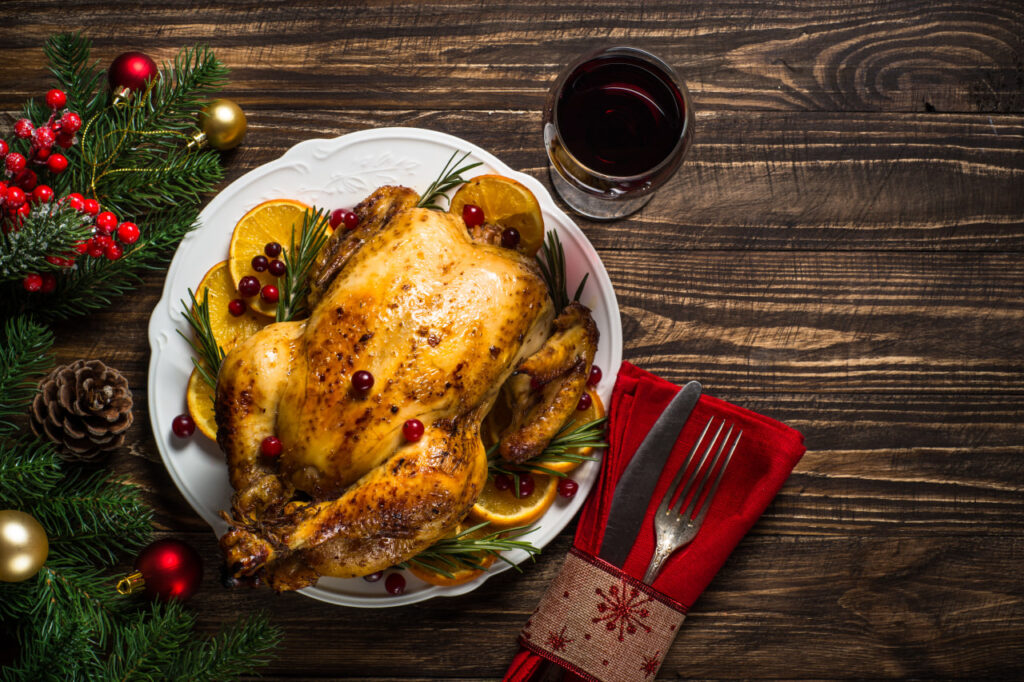
6. Use Garnishes to Add Color and Texture
Winter foods and drinks can sometimes appear monochromatic. Brighten your compositions by adding garnishes like fresh herbs, powdered sugar, pomegranate seeds, or orange zest. These elements introduce pops of color and make your photos more visually appealing.
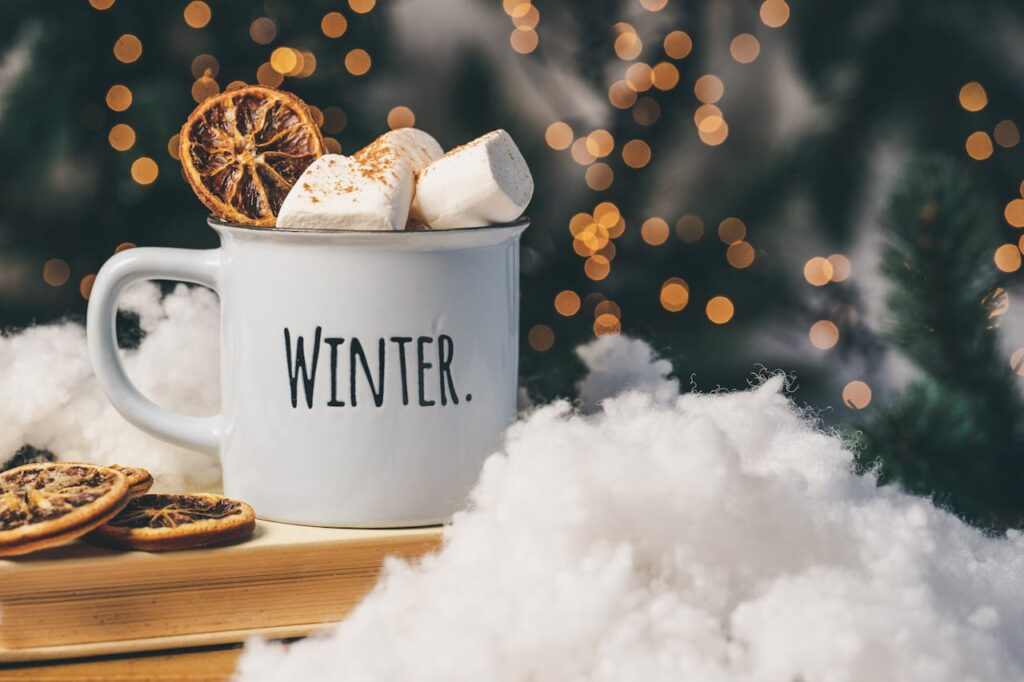
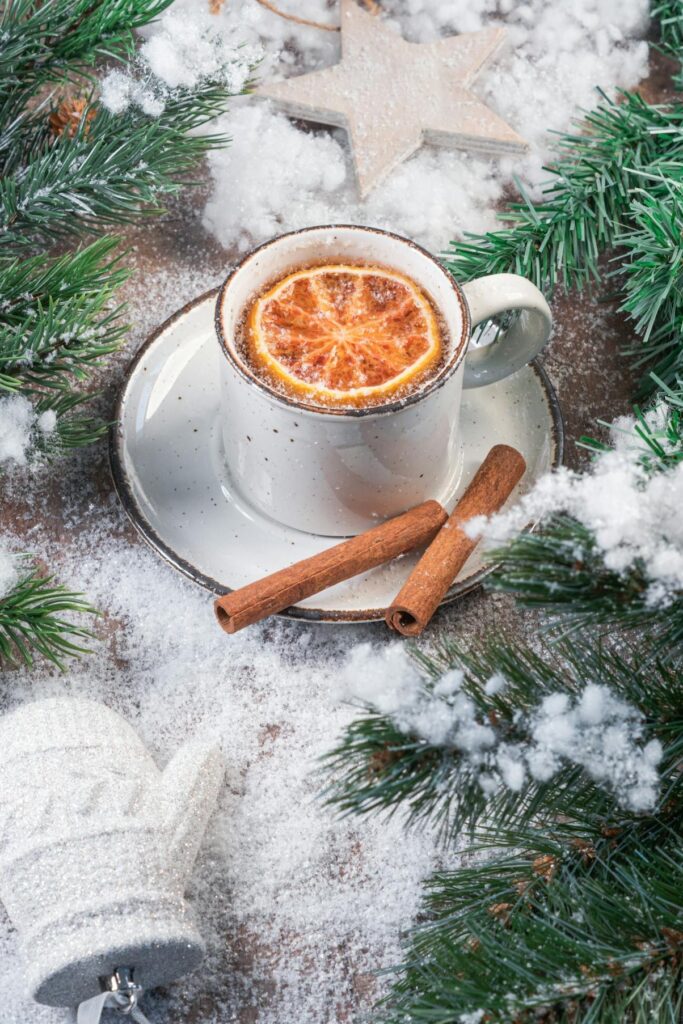
7. Play with Contrasting Colors
In winter food photography, playing with contrasting colors can make your images pop. For example, pairing warm colors like red, orange, and yellow with cool tones like icy blue or white can create visually striking photos.
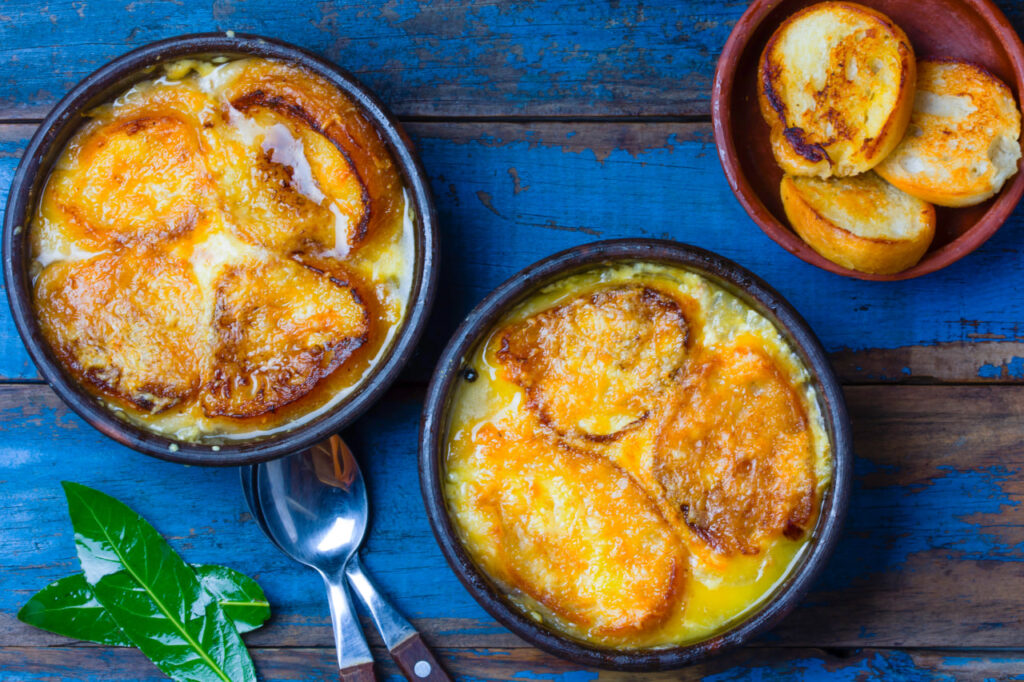
8. Freeze Movement for Capturing Details
When photographing hot foods and drinks, using fast shutter speeds or high-speed shots can capture interesting details like pouring cream or sprinkling sugar. These shots can create dynamic and engaging images.
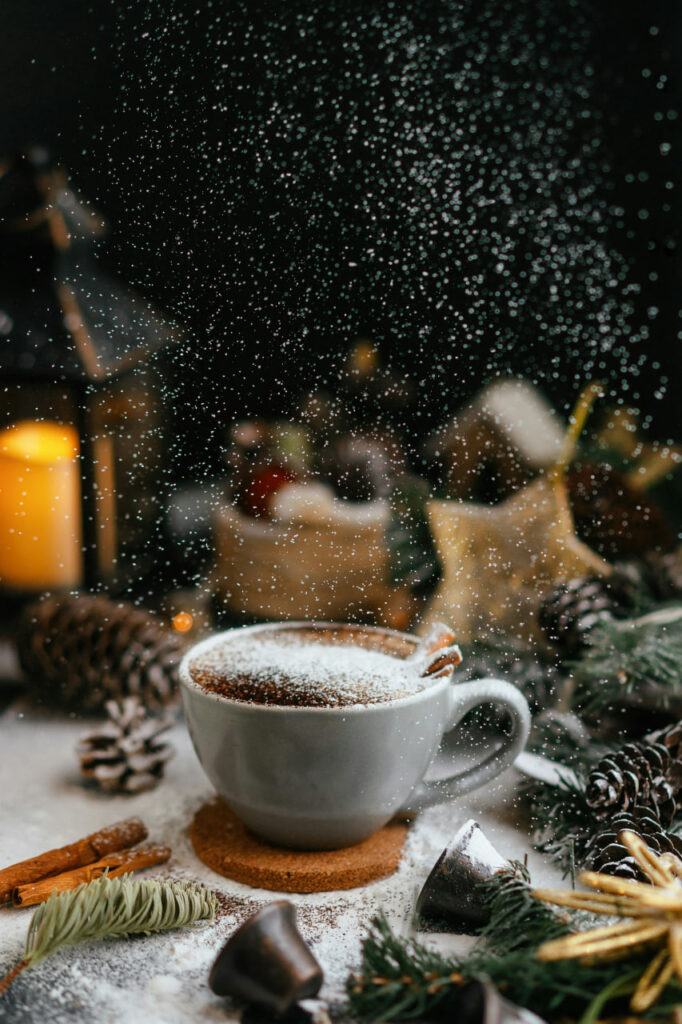
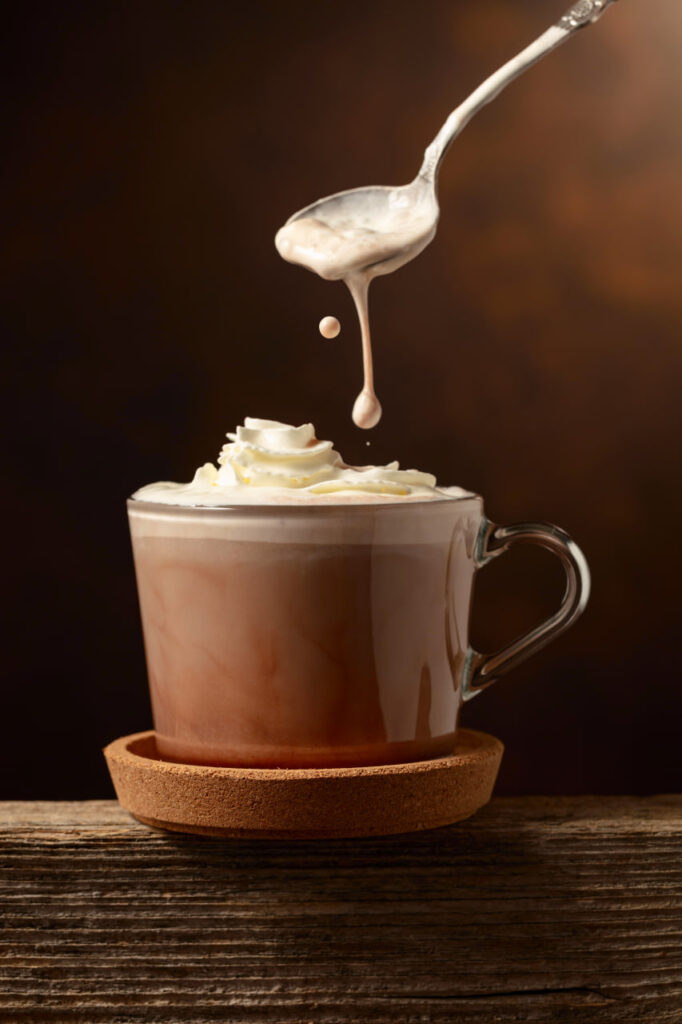
9. Use Artistic Effects with Lenses
To capture special and artistic shots of winter foods and drinks, consider using macro lenses for close-ups or portrait lenses to create a soft, beautiful bokeh. These lenses can help your photos stand out.
10. Edit Thoughtfully to Enhance the Winter Mood
Post-processing can bring out the best in your photos. You can adjust colors and contrasts using software like Lightroom. Set the white balance for warm tones, increase the contrast to highlight textures, and subtly boost the color saturation to make the colors stand out more. Avoid over-editing to ensure your images remain natural and authentic.
Common Mistakes to Avoid in Winter Food Photography
• Overcrowding the Frame: Keep your compositions simple to avoid distracting from the main subject.
• Ignoring Natural Light: While warm lighting is essential, combining it with natural light creates a balanced effect.
• Neglecting Textures: Highlighting textures, such as flaky pastry or creamy soup, adds depth to your images.
Conclusion: Capture the Essence of Winter
By following these 10 essential tips for photographing winter foods and drinks, you’ll be able to create stunning visuals that not only look delicious but also convey the warmth and comfort of the season. Whether you’re working on personal projects or professional portfolios, these techniques will help you elevate your food photography. So, grab your camera, set up your props, and let the flavors of winter shine through your lens!



